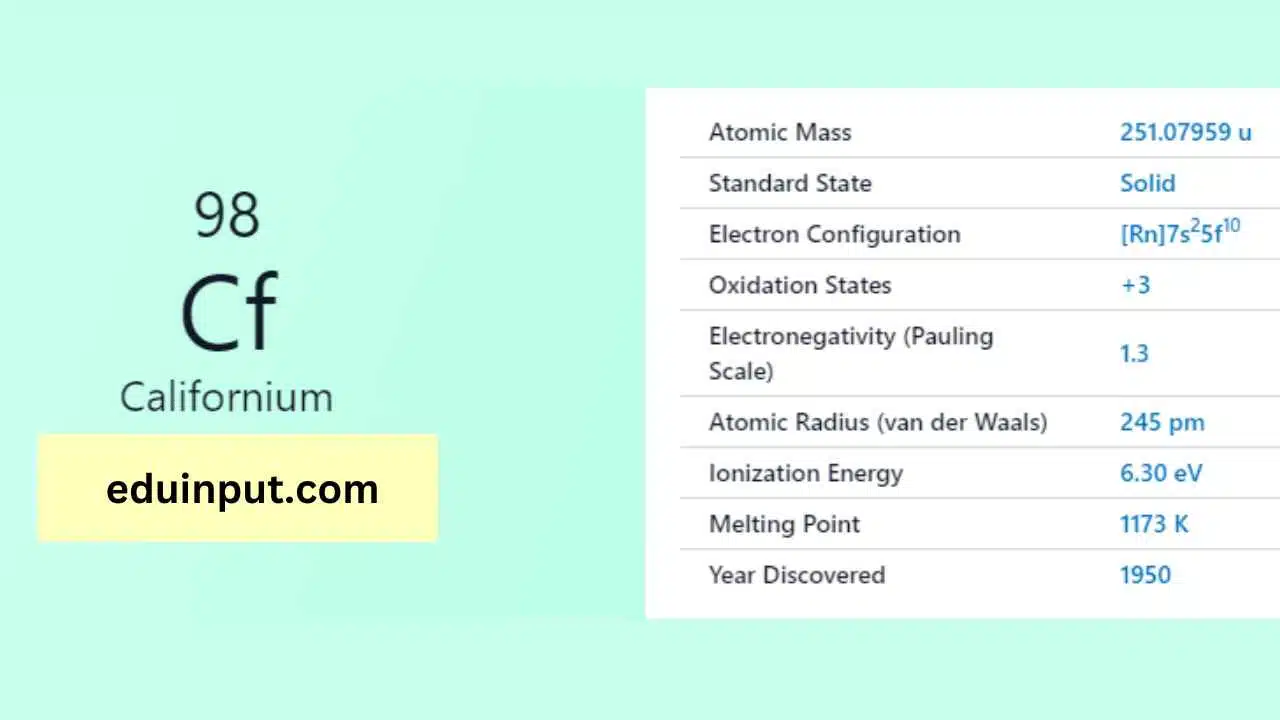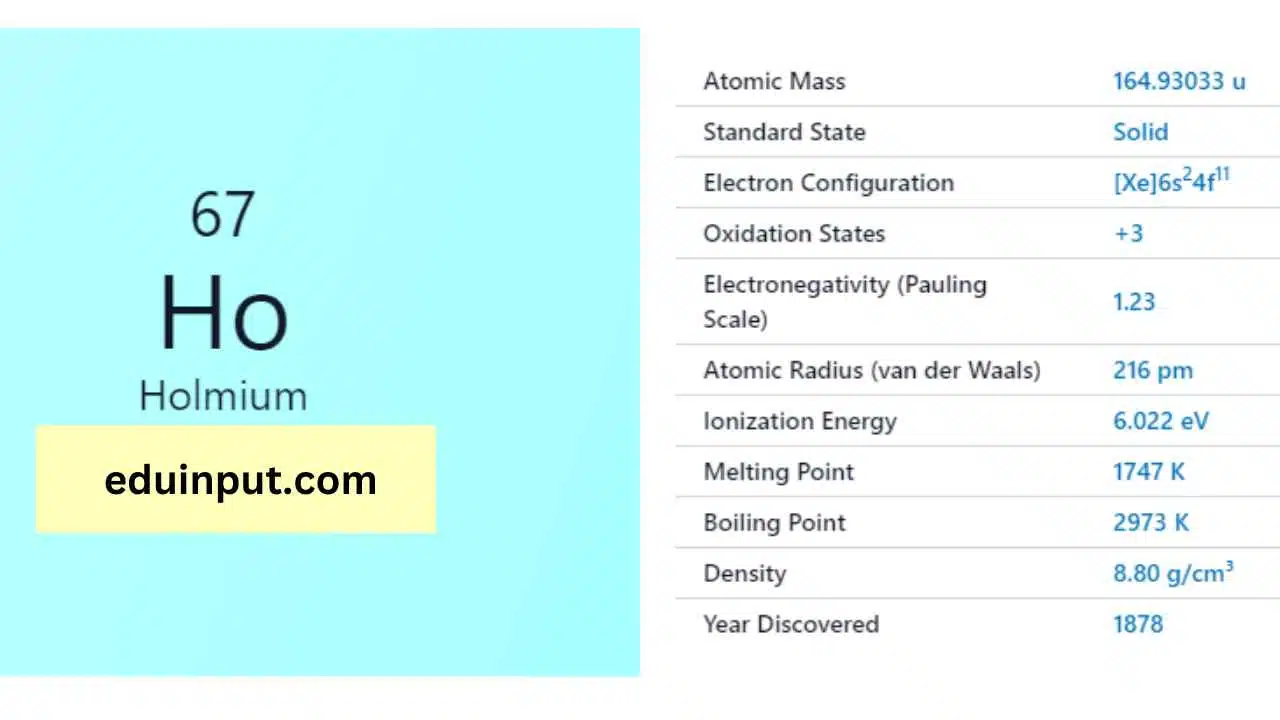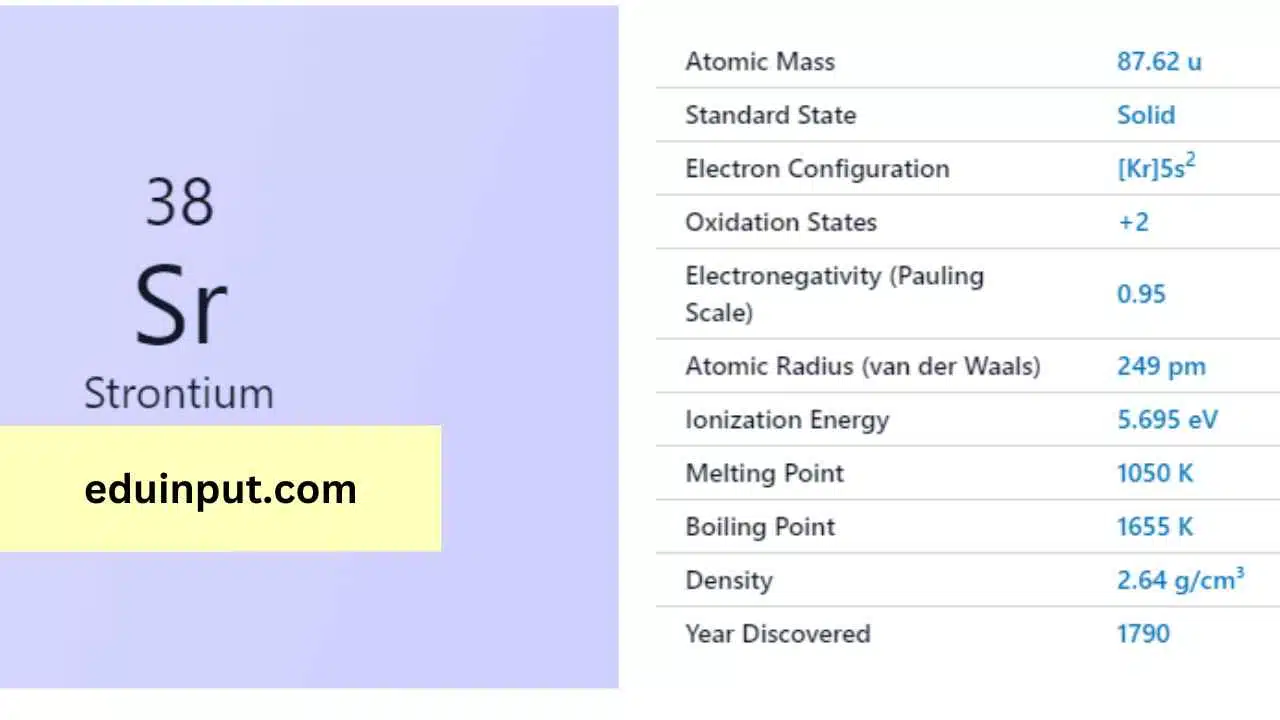Lutetium-Discovery, Properties, And Applications
Lutetium is a rare earth element with the atomic number 71 and symbol Lu. It belongs to the lanthanide series and is the last element in the series. Lutetium is a silver-white metal that is soft and ductile. It has a high melting point and is stable in air.

| Property | Value |
| Name | Lutetium |
| Symbol | Lu |
| Atomic number | 71 |
| Relative atomic mass (Ar) | Period in the periodic table |
| Standard state | Solid at 298 K |
| Appearance | Silvery white |
| Classification | Metallic |
| Group in periodic table | 3 |
| Group name | (none) |
| Group in the periodic table | 6 |
| Block in periodic table | d |
| Shell structure | 2.8.18.32.9.2 |
| CAS Registry | 7439-94-3 |
Discovery
Lutetium was first discovered in 1907 by a French chemist named Georges Urbain. He named the element after Lutetia, the Latin name for Paris.
Physical Properties
Lutetium is a silvery-white metal with a melting point of 1663°C and a boiling point of 3402°C. It has a density of 9.84 g/cm3, making it one of the densest elements. Lutetium is a rare earth element and is paramagnetic at room temperature.
Chemical Properties
Lutetium is a highly reactive element and easily forms compounds with other elements. It is not found in nature as a free element but is found in minerals such as monazite and xenotime. Lutetium is used in the production of nuclear fuel, as well as in medical imaging and cancer treatment.
Facts
- Lutetium is the most expensive rare earth element.
- It is the last element in the lanthanide series.
- Lutetium has 35 isotopes, with only one being stable.
- It is used in nuclear reactors and in cancer treatment.
- Lutetium has no biological role in humans.
Applications
Lutetium has several applications in various fields, including:
- Nuclear power generation
- Medical imaging and cancer treatment
- Research in physics and chemistry
- Production of synthetic gems and alloys
Lutetium is a rare earth element with unique physical and chemical properties. It has a wide range of applications in various fields, including nuclear power generation, medical imaging and cancer treatment, and research in physics and chemistry. As a highly reactive element, lutetium plays an important role in the development of new materials and technologies.







Leave a Reply